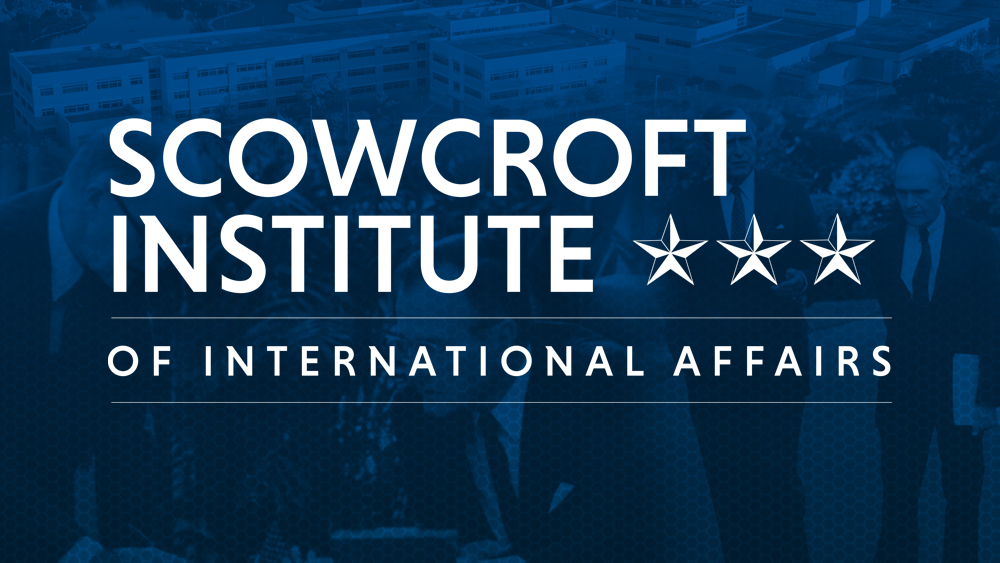
International health leaders from both the public and private sector traveled to Texas A&M University’s Bush School of Government and Public Service for the Scowcroft Institute’s 3rd Annual Global Pandemic Policy Summit and spent two full days tackling one pressing question: Are we prepared for the next pandemic?
The threat of pandemic looms larger than most people realize. According to the World Health Organization, over the last two decades alone, we’ve seen outbreaks of SARS, influenza, Ebola, and the Zika virus, resulting in approximately 200,000 deaths worldwide. With an increase in international travel and trade, deforestation, forced migration, and urbanization, the threat of a worldwide pandemic continues to grow.
Although the participants and speakers seemed to suggest the answer was a resounding No, we are not prepared for the next pandemic, much focus was brought to bear on what is currently being done right, what needs to be done better, and what actionable steps should be implemented.
The purpose of this year’s summit was to produce a detailed blueprint, captured in a white paper, for the way forward. Last year’s white paper, The Growing Threat of Pandemics: Enhancing Domestic and International Biosecurity, has been widely circulated throughout the international health community, influencing organizations and policy at the highest level.
On the second day of the summit, a forum entitled “Pandemic Preparedness and Global Health Innovation” featured speakers from the U.S. Agency for International Development, the Coalition for Epidemic Preparedness Innovations, the Center for Global Development, VIRION Global Solutions, and iBio CMO. The closing keynote address was given by Dr. Peter Hotez, Dean of the National School of Tropical Medicine at Baylor College of Medicine. Dr. Hotez championed scientists’ and international health leaders’ direct engagement with the general public in regard to vaccine advocacy, citing misinformation and scare tactics as responsible for the growing anti-vax sentiments across the United States. The white paper resulting from this summit, which the Scowcroft Institute will publish early next year, will help policy makers, government officials, foundations, international organizations, industry leaders, and nongovernmental organizations get us closer to the answer, Yes, we are in fact prepared for the next pandemic.

